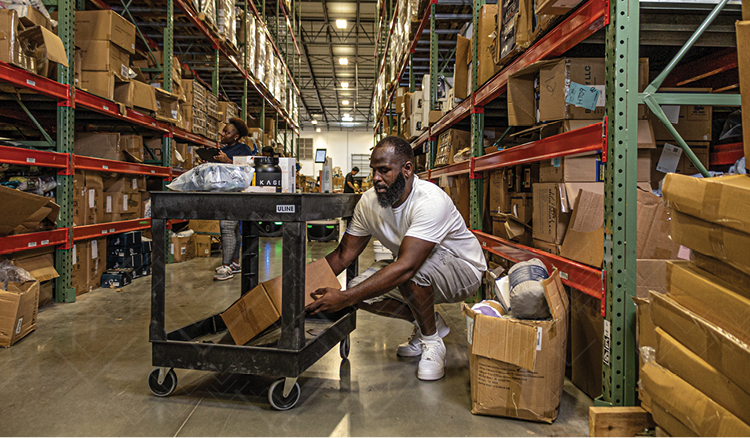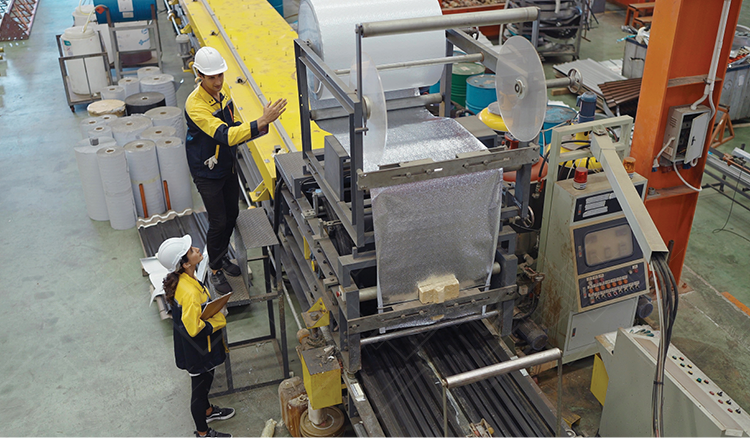Enhancing the Gig Economy: Empowering the Modern Workforce
The rise of the gig economy and the emergence of app-based platforms have fundamentally altered the landscape of work, allowing individuals to earn income and access services in new and innovative ways. However, these advancements have not come without their share of challenges. Recent regulatory decisions and proposals have ignited a debate surrounding the proper classification of independent workers within this evolving ecosystem.
Employee or independent contractor?
We could sit here all day and make arguments under the famously ambiguous classification tests and never solve the real issue. The main problem is not the determinative factors themselves but the failure of courts and regulators to understand how those factors relate to the goal of labor market regulation. Not only that, did anyone care to ask what the worker wanted?
Morning Consult recently did just that -- asking over 10,000 gig workers their preference between independent contractor status or being in an employer/employee relationship. According to the study, a significant majority (75%) of expressed a strong preference for remaining independent contractors. This statistic indicates that gig workers value the flexibility and autonomy afforded by their work arrangements.
Gig workers have consciously chosen a new economic path, embracing the flexibility and autonomy that their work offers. For some, it allows them to balance work with family obligations or personal endeavors, while others utilize it as a means of transitioning into entrepreneurship or earning extra income during challenging economic times. The gig economy caters to the diverse needs of these workers, providing them with a work arrangement that suits their individual circumstances.
So why are we seeing governmental proposals that could potentially make independent work more challenging? For one, it's not good public policy. The fact of matter is for roughly a century our country’s labor laws have been based on a dual classification system. A worker is either an employee or an independent contractor. Historically, independent contractors were service providers like financial planners, dentists, and graphic designers. The common thread was workers’ control over how, when, where, and for whom to work. Employees, on the other hand, generally have set hours and set tasks, dictated and controlled closely by their employer.
Today, people have more choices when it comes to supporting themselves, no longer relying solely on a traditional 9-to-5 job. This newfound flexibility allows individuals to be more creative and self-reliant in their work, taking on shorter-term projects as desired or needed. This is the essence of the gig economy. To illustrate its prevalence, one in every six Americans has earned income through gig platforms. Technological innovation has democratized flexible, independent work, making it accessible to a larger number of people. Public policy needs to align with this reality and embrace and celebrate the gig economy.
So, what is the solution?
The simple answer is policymakers should reject proposals that could risk gig workers' financial freedom and flexibility. However, this is just the initial phase. Policymakers should delve deeper and explore alternative models that provide gig workers with essential benefits and protections without necessitating adherence to specific criteria in a classification test. One potential approach is the implementation of portable benefits systems or industry-wide standards that platforms must meet. By striking a balance between protections and flexibility, policymakers can support the sustainability of the gig economy while respecting the preferences of gig workers.
In addition to benefiting the worker, there exists the potential to stimulate innovation and foster economic growth. By embracing entrepreneurship and eliminating unnecessary regulatory barriers, policymakers can foster an environment conducive to the growth of app-based platforms. This approach will empower workers to thrive in an evolving labor market and facilitate the creation of new job opportunities.
Conclusion
In conclusion, the gig economy signifies a paradigm shift in the way people work, offering flexibility, autonomy, and economic opportunities. To fully embrace this transformative trend, policymakers must adapt labor laws to reflect the unique characteristics of app-based work. By prioritizing the preferences of gig workers and encouraging innovation, we can build a modern workforce that thrives in a dynamic and evolving economy. It is time to shape public policy that supports and enhances the gig economy, benefiting both workers and society as a whole. Through collaboration, modernization, and forward-thinking approaches, we can pave the way for a truly inclusive and sustainable future of work.
Previous Posts
How Policy Constraints, Not Just Production Bottlenecks, Threaten Your Bottom Line
The Future of Manufacturing and Logistics
Create a free business profile today to explore our platform.






